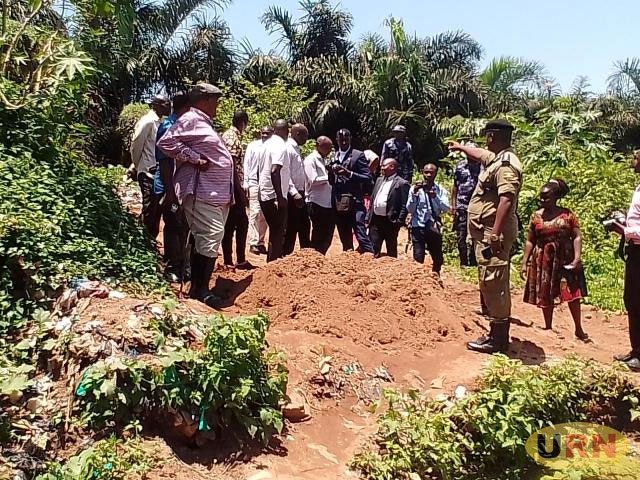
Kampala, Uganda | THE INDEPENDENT | The Prime Minister Robinah Nabbanja has reiterated government’s stance on evicting individuals encroaching on wetlands across the country.
Nabbanja emphasized that the government will continue to take action against those exploiting wetlands for their businesses.
Nabbanja was speaking at the launch of the Green Industry Agenda 2025/26 – 2035/36, aimed at encouraging industrialists to lead in environmental conservation and pollution reduction.
The agenda, designed by the Uganda Manufacturers Association (UMA), seeks to reduce the carbon footprint of Uganda’s industrial sector, increase resource efficiency, transition to net-zero emissions across value chains, and support green policy research.
Since the industrial revolution, human activities have significantly harmed the environment, with pollution and carbon emissions degrading the natural environment and atmosphere, primarily due to reliance on fossil fuels. Currently, Uganda has over 8,000 registered industries, according to Minister Nabbanja.
Nabbanja said that despite the advantages that come with industrialization, it came with adverse effects on climate change, necessitating alternative practices.
“These consequences of industrial practice range from pollution at the local level to global climate change. Industries cause pollution in water, air, and soil, yet water air, and soil are essential for the sustainability of human life,” she said.
The Prime Minister added that the green industry initiative will not only combat climate change but also create jobs in renewable energy, sustainable agriculture, and eco-friendly manufacturing.
Stephen Kalibala, Chairman of the Environment and CSR Committee at UMA explained that the program intends to coordinate, harmonize, and aggregate industrialists in Uganda to mitigate environmental hazards and promote sustainable practices. These include reducing carbon emissions, promoting renewable energy use, and advancing waste management.
Kalibala added that by the end of the campaign, they expect to improve value chain systems, promote sustainable agriculture, and reduce environmental degradation.
Kaziro Kyambadde, Head of Corporate and Business Banking at Diamond Trust Bank, the key sponsor of the agenda, stated that the bank partnered with UMA because the agenda aligns with their current campaign to save the environment by funding initiatives that ensure a safe environment.
“One of the things that are coming up is that; is it sustainable to continue manufacture when you are not looking at the effects at the environment?”.
Beatrice Anywar, the State Minister for Water and Environment said that for long, the country has had a challenge to balance between development and conservation because the country needs both for sustainable development, but believes that this new phenomenon will help chart a new direction.
In recent weeks, the National Environmental Management Authority-NEMA with help from the police and army have forcefully evicted unauthorized inhabitants from the Lubigi wetland area. Homes have been demolished, leaving several individuals homeless and their properties destroyed.
***
URN
 The Independent Uganda: You get the Truth we Pay the Price
The Independent Uganda: You get the Truth we Pay the Price



